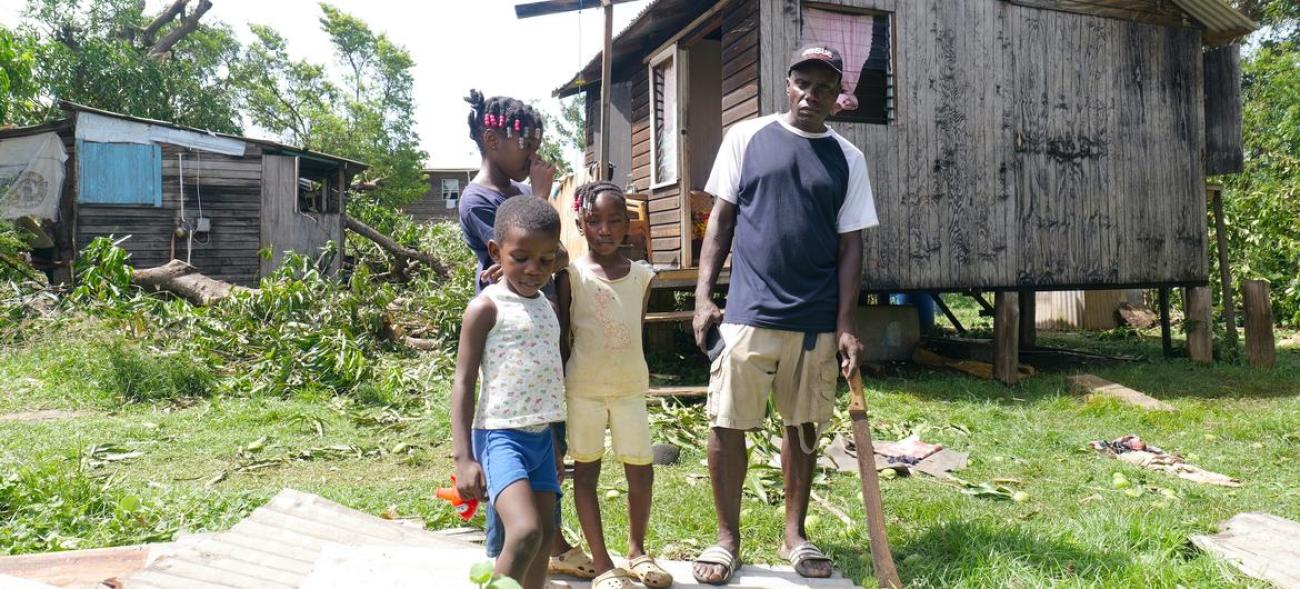Hurricane Beryl, the strongest hurricane in history to form in June in the Atlantic Ocean, wreaked havoc as it swept through Grenada, Saint Vincent and the Grenadines and Jamaica.
Initially a tropical depression, Beryl rapidly intensified into a Category 4 hurricane and briefly reached Category 5 status, with winds up to 240 km/h (150 mph).
Now downgraded to a Category 3 hurricane, Hurricane Beryl is moving towards Belize and Mexico, continuing to pose a significant threat.
The storm has claimed at least ten lives, injuring many and caused widespread destruction, forcing thousands into shelters.
UN chief ‘deeply dismayed’
UN Secretary-General António Guterres expressed his deep dismay at the destruction caused by the hurricane, reiterating his solidarity with affected nations.
“The Secretary-General, in coordination with the affected nations, is considering launching an appeal to address humanitarian needs arising from the impact of Hurricane Beryl,” his Spokesperson, Stéphane Dujarric, said in a statement issued late on Wednesday.
The statement added that $4 million will be made available from the UN Central Emergency Response Fund to Grenada, Jamaica and Saint Vincent and the Grenadines.
UN teams on the ground
UN humanitarian officials in Saint Vincent and the Grenadines and in Grenada are working with local officials, assisting damage assessment and response.
Teams from the UN Office for the Coordination of Humanitarian Affairs (OCHA) are also in Barbados, supporting efforts in the country and the eastern Caribbean, Mr. Dujarric said during a press briefing at the UN Headquarters in New York earlier in the day.
Teams are also heading to Belize and Jamaica, he added.



















